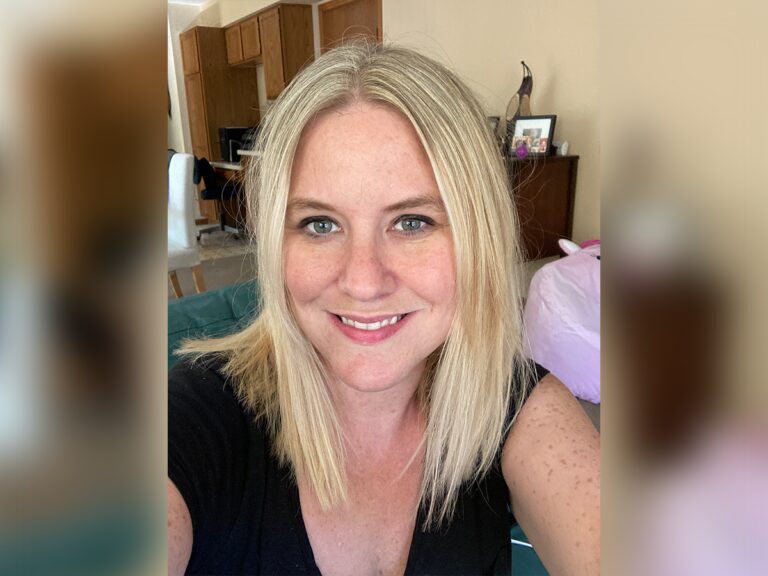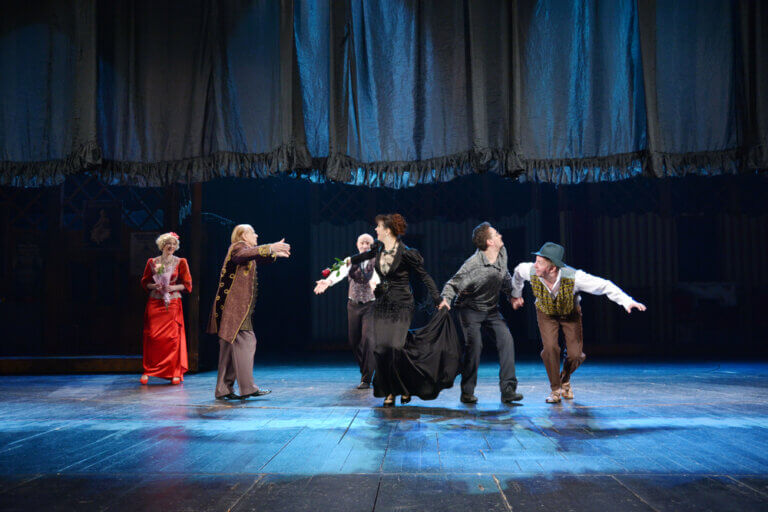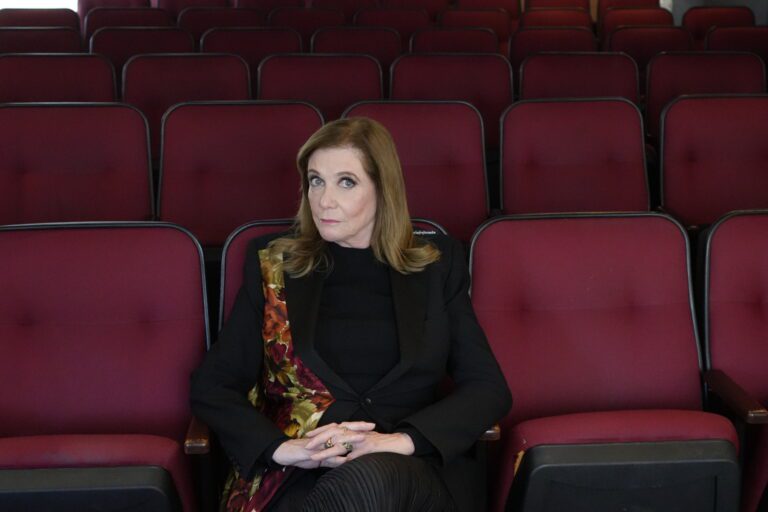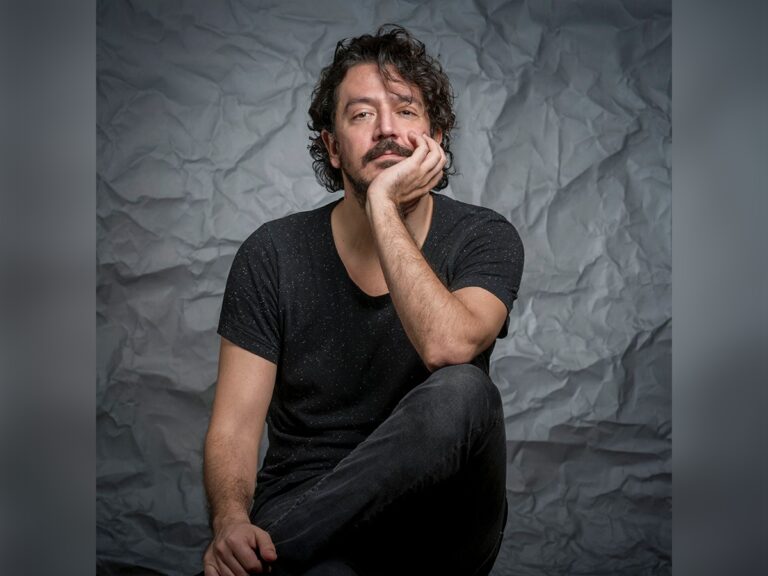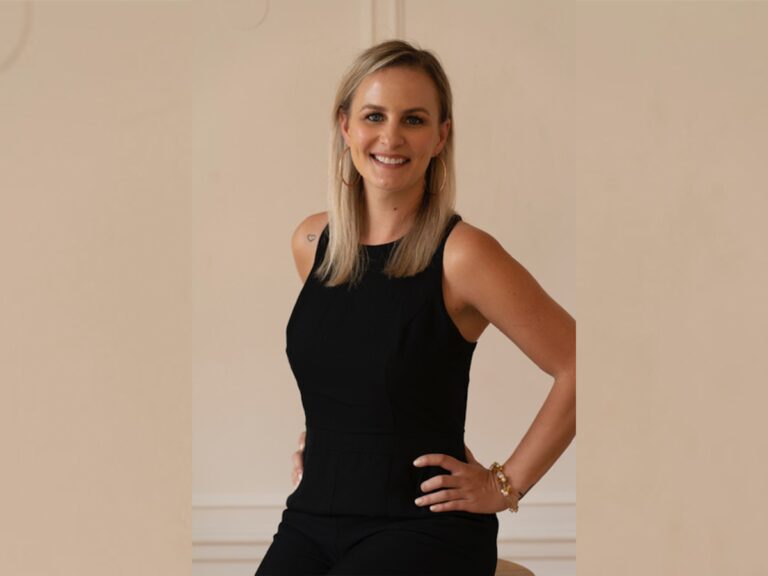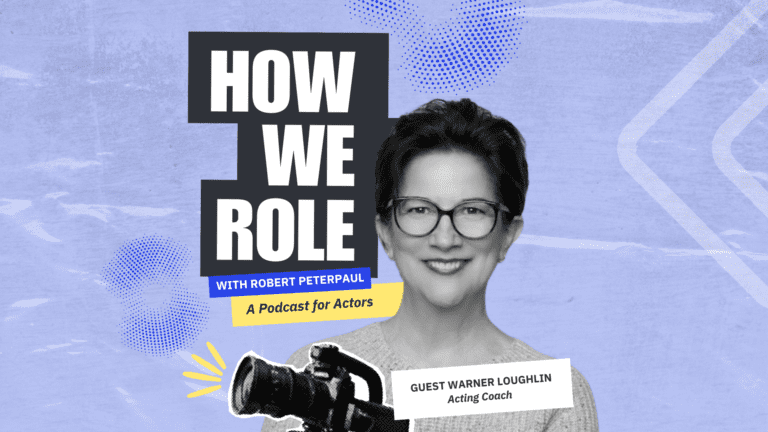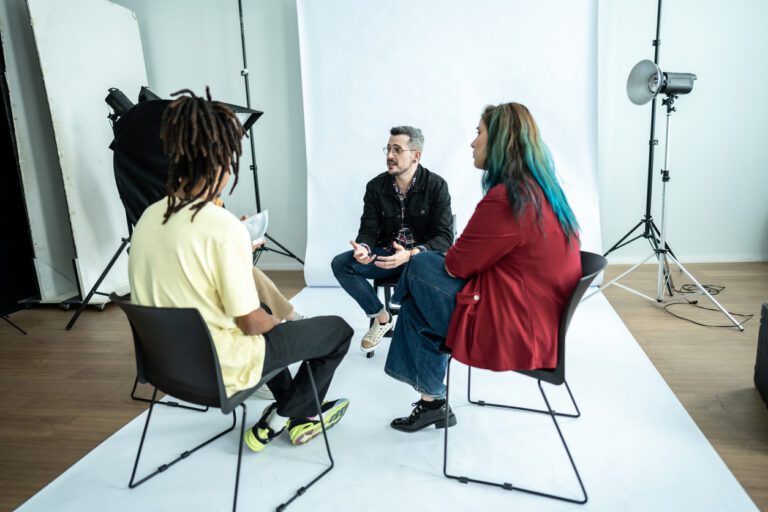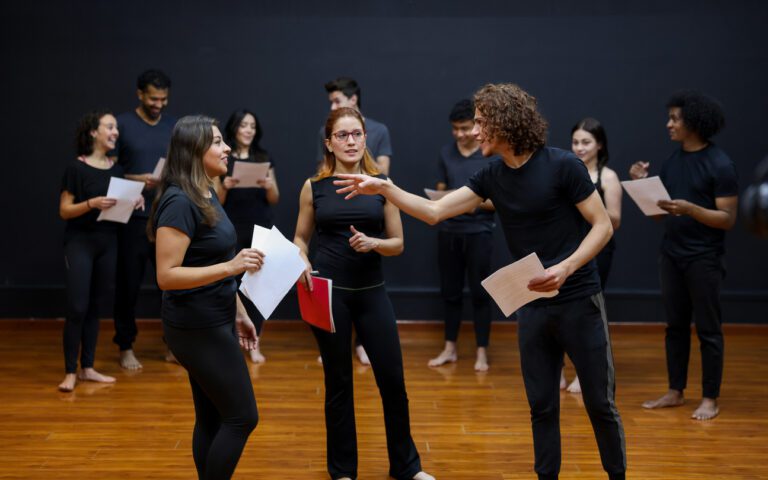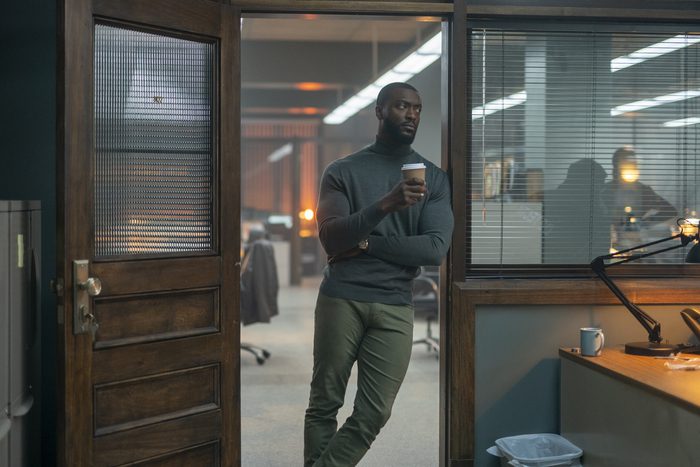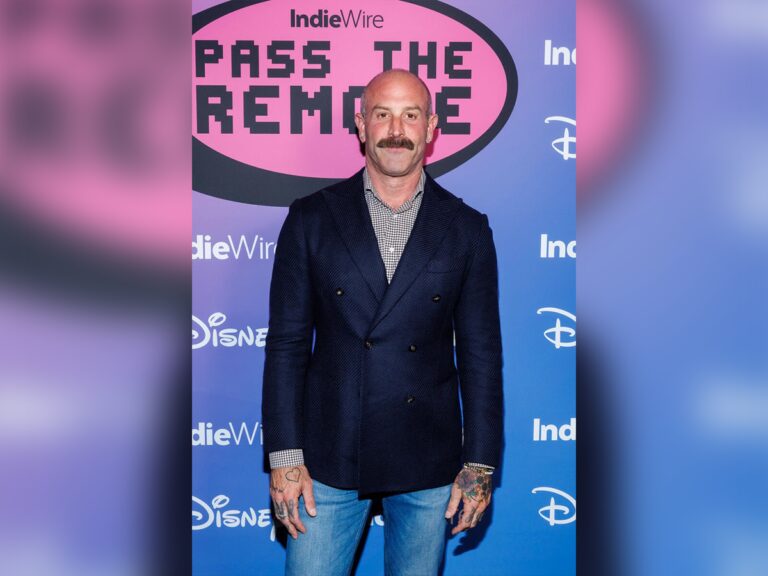I met Yul Vazquez because of his wife Linda Larkin (the voice of Princess Jasmine in Disney’s animated Aladdin movies), more than 27 years ago. Linda and I were friends, and she hadn’t started dating him yet. They got together soon after, at which point I met Yul and we connected immediately. This is not uncommon with the Cuban actor, who is weird, iconoclastic and bursting with a unique and contagious joie de vivre. He is also a wildly talented and constantly in demand thespian, who seems to never not be working. Ethan Hawke has referred to him as, “one of our finest actors.”
Vazquez is also a chameleon. He’s played plenty of Latino roles, of course, but he’s also played a Jewish district attorney and an Italian cop and a French teacher and various other random white guys in his more than 100 screen credits, not to mention the numerous times he’s starred on the stage, even earning a Tony Award nomination for The Motherfu**er with the Hat, opposite Chris Rock, in 2011. It’s not easy to narrow down his “most recent” roles, because, again, he’s always working, but for argument’s sake, let’s say it’s the MGM+ series Hotel Cocaine, which just aired its first season this summer. He took some time out to chat from his home in New York City.
What first got you interested in acting?
I didn’t set out to be an actor. I played in a band. I had acted as a little kid, because my mother was an actress.
When we came from Cuba, my mother joined a theater company in Miami comprised of exiled Cuban American actors who wanted to work. They didn’t speak a lot of English, so whenever there was a play, I would get thrown in, but I wanted to be a rock star. I wanted to be Jimmy Page.
I came to New York and joined this band, did two records with them, then that band got dropped from EMI and I joined another band that got signed to Epic. The singer in the band worked for a talent agent, who said Oliver Stone was casting The Doors movie, and they were looking for band dudes.
I have a hard time thinking of you as a “band dude.”
I had long hair and everything. I met with this woman, Holly Lebed, who winds up becoming my first agent. I’ve always said that my entire life has been a series of well-executed decisions by very smart women, starting with my mother deciding to leave Cuba. I go meet with this woman, and I didn’t get the role, but she says, “Look, I don’t know anything about you, but you seem kind of interesting. Why don’t you take an acting class?” I wound up taking Bill Esper’s class and he changed my life.
Studying with Bill in that class, I started to be a happier person than I had been in a long time playing in a band. I started studying with Bill, and I have an agent, which I didn’t know how difficult it was just to get agents, and the band gave me an ultimatum. I had never not been in a band since I was 14, so I went to Bill and told him about my dilemma, and he said, “If you’re asking me if I think that you’re talented, the answer is yes,” so I quit the band. Six months later, I had my first job as an actor in a movie called The Mambo Kings.
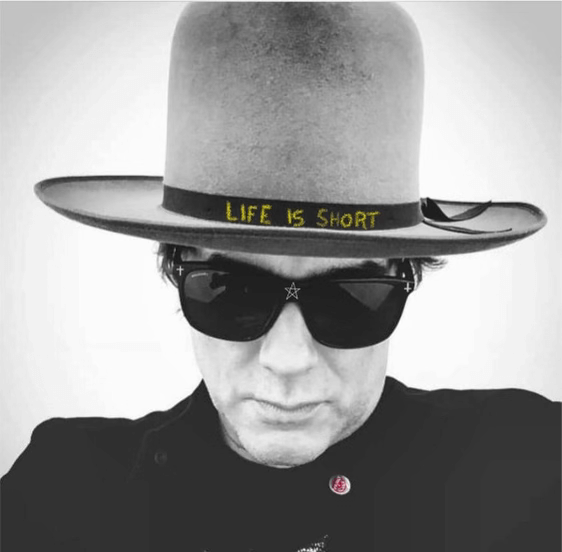 Photo courtesy of Yul Vazquez.
Photo courtesy of Yul Vazquez.How did that happen?
Billy Hopkins remembered me from the Oliver Stone thing. Arne Glimcher, the director, kept bringing me back. He eventually cast Antonio Banderas in the part, but he said, “I love you. I want you in the movie, you’re gonna create your part.” I’d never been in a film, and suddenly, I had a job, and I went to LA for three months.
You work more than any actor I’ve ever known, and I’m not discounting any struggles you’ve had to get to this point, but in retrospect, this sounds easy.
It’s one of those weird things. Life can put a signpost in your path, saying, “Hey, consider this,” so that’s what I did. It came at a moment where I was trying to get a record deal. We’re rehearsing, we’re trying to write music, it was awful and this came to me at the right time. Then taking this class, starting to feel better as a human, I thought, “Maybe this is where you should be.” I just followed this thing that came my way, and I started to feel better, and then started to enjoy the shit out of acting.
You’re not the first person I’ve talked to lately, by the way, who said Bill Esper changed your life. Richard Schiff said the same thing.
Bill did change a lot of people’s lives. He would say, “Thank God you’ve all fallen into my hands, because somebody else would have ruined you.” And I was like, “Fuck, I think he’s right.”
The thing you learn there that you don’t see other people learn is how to listen well.
I can go to work with an actor, we will start rehearsing the scene we’re going to shoot, and in five seconds, I can tell you if this person has decided how they’re going to do the scene three weeks ago, where they rehearsed it in the mirror. They’re not in the room with me. I want to go, “What you’re doing is fantastic, but you’re not here, and the only important thing is what’s happening right now between you and me.”
They’re waiting for cues. Bill would call them “cue actors.” They’re not doing anything offensive, they’re just not there, and they’re missing out on the beauty of being there.
Do you think that’s why you’re so versatile? The presence and the ability to be in the moment?
Well, every character is me. You cannot become something else. You can behave through the filters of the parameters that the writer and director have created, but ultimately the performer has to come through. That’s what makes it unique to the performer.
I remember Chris Walken was doing something at The Actor’s Studio, and somebody said to him, “How do you become all these people?” He said, “That’s a psych disorder, that’s multiple personality disorder. I don’t have that. It’s me. It’s always me.” That’s all it can ever be, and yeah, maybe you have a wig or a gizmo on, but you have to come through. That’s where the actual human playing the part comes in and that’s what makes it unique. It’s just me, wearing the clothing of whatever Joe Schmo.
So then, what is it that attracts you to things?
Ultimately, in the end, it’s good writing, good people around the project. Like when I did Godfather of Harlem [and was] working with Forrest Whitaker, [who’s] one of the greatest actors I’ve ever worked with. He’s so right there with you, it’s just beautiful. That, and working with my friends.
There’s a bunch of reasons why you go do something, especially when you’ve been doing it as long as I have. You get to my age, you want to work with your pals. I don’t have children. I’m not putting anybody through college, but I have that mentality, I am not a person that likes to be parked. I paint. I’m a photographer. I still make music. It’s just a constant reimagining, trying to stay connected and creating something. My instagram bio just says, “I make stuff.”
So it’s the creativity that’s the drug. That’s where the juice is, doing this thing that you stumbled into when you were, what, 26, 27 years old.
It just doesn’t end. I think when it ends, it’s game over. (Laughs) All I ever wanted to do was be as good as I could be. I would play guitar for hours and hours while a lot of my friends were partying. I never did drugs, never smoked weed or anything, because creation is the drug.
It’s about the connection with your imagination that you’re able to manifest into something concrete, whether it’s a sound or an image or a performance or something else. I remember being in Mexico for a while, and I started making these really weird, dark, short films, then I would do the soundtrack with these little synthesizers I had on my iPad. Something so idiotic, and it just thrilled me to no end. (Laughs)
Thinking about joining Casting Networks? Get 2 weeks free when you sign up today!
You may also like:
